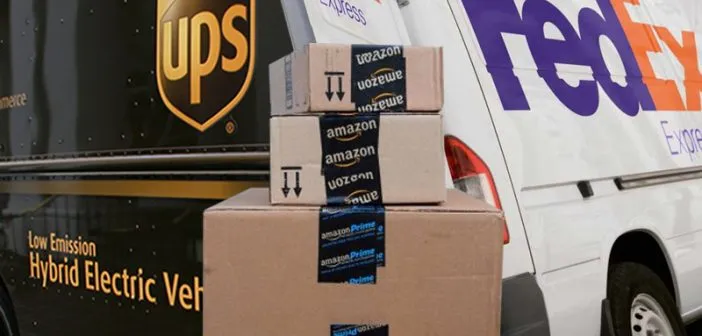Parcels companies turn their sights to corporate customers after the eCommerce slump

Courier companies such as UPS and FedEx have relied on small businesses and higher-paying corporate customers to boost volumes and profits in the wake of falling e-commerce demand and a pullback in local volumes.
United Parcel Service on Tuesday reported a higher-than-expected adjusted quarterly profit and reaffirmed its full-year forecast as higher delivery prices helped offset declining e-commerce demand.
After years of raising delivery capacity since the early days of the pandemic, delivery service providers now have the difficult task of predicting demand in a rapidly changing market because having too many planes in the air and delivery trucks on the road can drive up costs and reduce profits.
“The macroeconomic environment is very dynamic, but we are on track to achieve our 2022 financial goals by executing our strategy and controlling what we can,” said UPS CEO Carol Tomé.
Shares of Atlanta-based UPS were up about 1 percent in premarket trading after the company reaffirmed its full-year revenue forecast of about $102 billion and an adjusted operating margin of about 13.7 percent.
